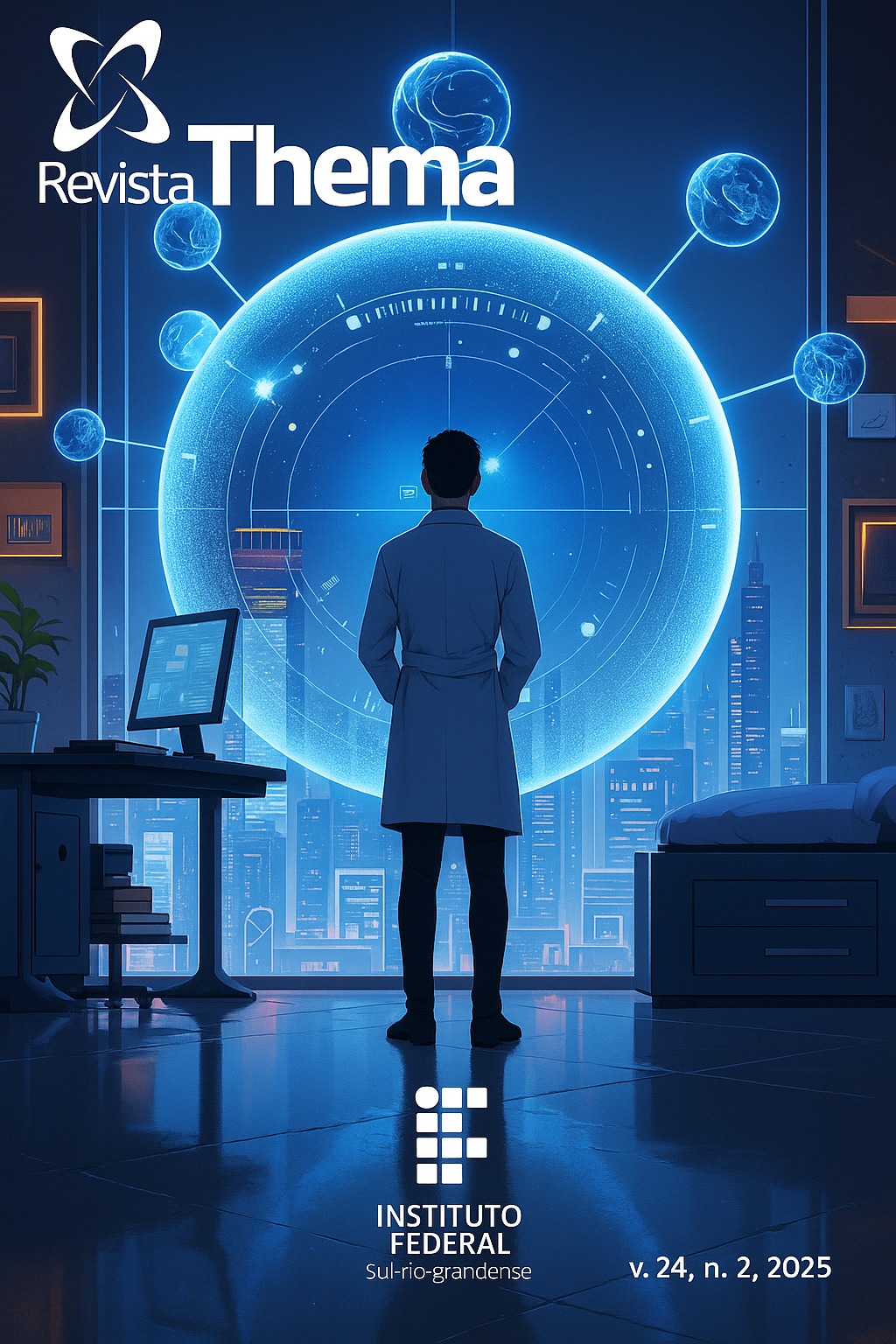Active Methodologies in Object Oriented Programming Learning
DOI:
https://doi.org/10.15536/revistathema.24.2025.3492Keywords:
Active Methodology, Object Oriented Programming, LearningAbstract
In the different levels of training in the area of Computing, introductory programming disciplines are present, including the object-oriented paradigm. In this paradigm, learning difficulties are observed when students are submitted to a more abstract reasoning, which can cause failure and dropout. On the other hand, active teaching-learning methodologies aim to provide new strategies to mitigate these difficulties. The aim of this study was to analyze how active methodologies can help in a better understanding of the object-oriented paradigm. The research was carried out in an exploratory way, in publications in the area, and through questionnaires applied in a discipline taught [omitted for review]. As a result, it was found that peer instruction strategies and learning based on problems and projects are considered positive in supporting object-oriented programming learning. These methodologies tend to be the most used according to related publications and through analyzes of [omitted for review] teaching practice, reducing learning difficulties.
Downloads
Downloads
Published
How to Cite
Issue
Section
License
O autor responsável pela submissão representa todos os autores do trabalho e, ao enviar o artigo para a revista, está garantindo que tem a permissão de todos para fazê-lo. Da mesma forma, assegura que o artigo não viola direitos autorais e que não há plágio no trabalho. A revista não se responsabiliza pelas opiniões emitidas.
A Revista Thema é de acesso aberto (Open Access), sem que haja a necessidade de pagamentos de taxas, seja para submissão ou processamento dos artigos. A revista adota a definição da Budapest Open Access Initiative (BOAI), ou seja, os usuários possuem o direito de ler, baixar, copiar, distribuir, imprimir, buscar e fazer links diretos para os textos completos dos artigos nela publicados.
Todos os artigos são publicados com a licença Creative Commons Atribuição-NãoComercial 4.0 Internacional. Os autores mantém os direitos autorais sobre suas produções, devendo ser contatados diretamente se houver interesse em uso comercial dos trabalhos.





